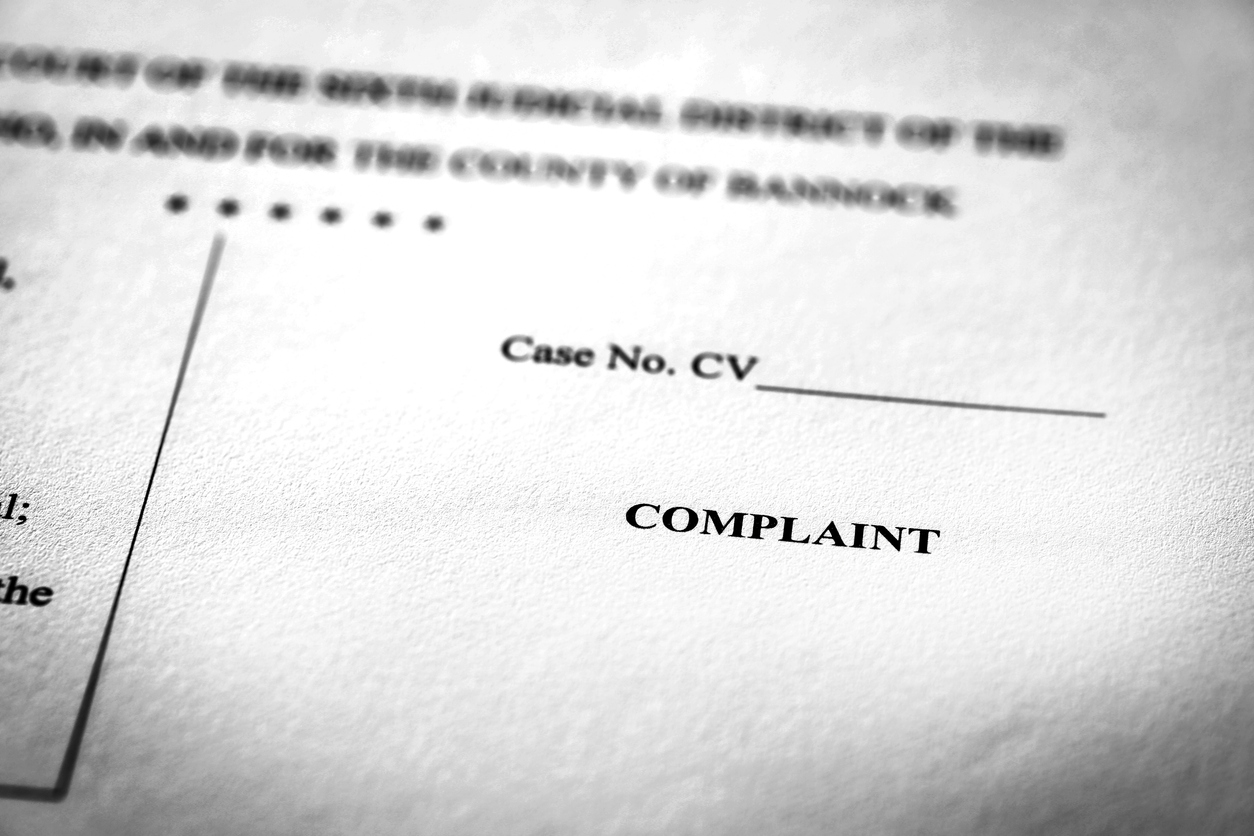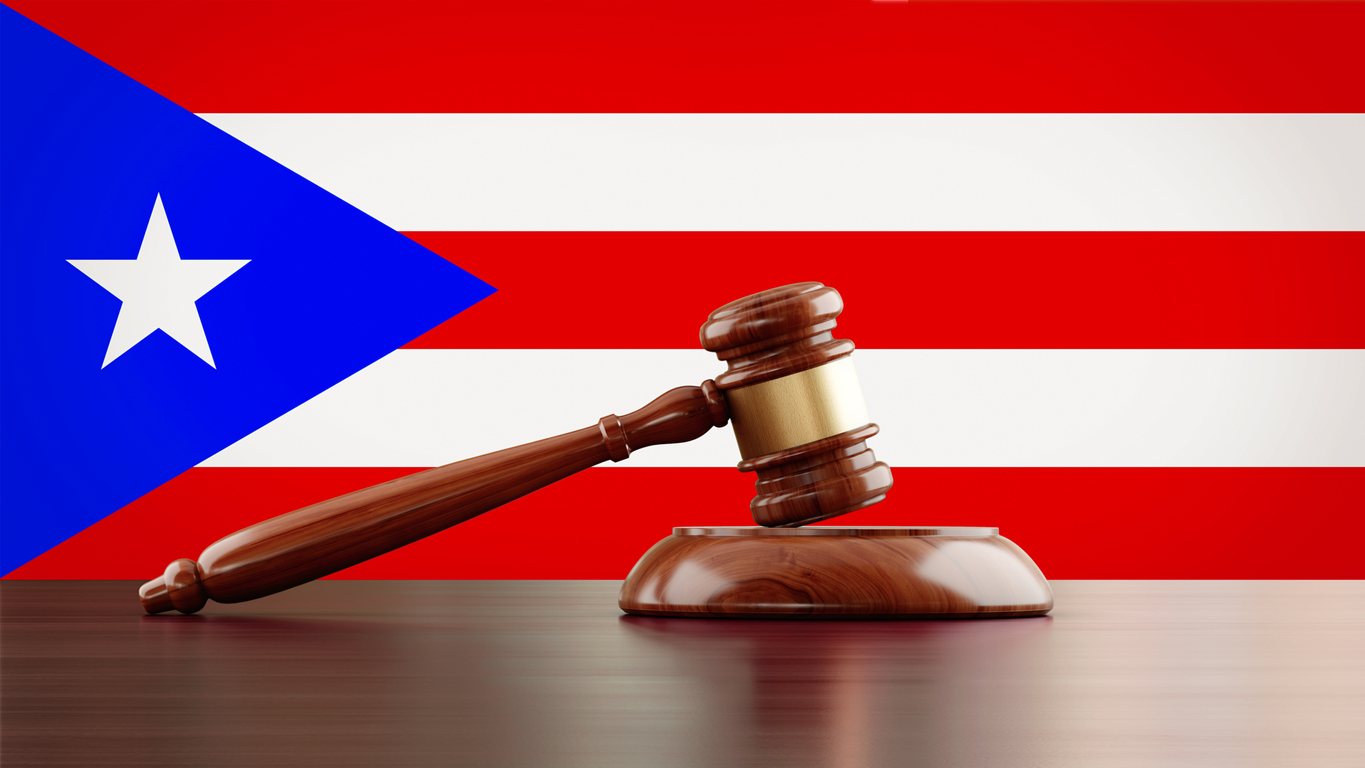“MAPFRE is not paying property insurance claims and is threatening the safety of Puerto Ricans,” was the message public adjuster Jack Hanks noted in a CBS news report. Jack Hanks and David Skipton held a seminar in Tampa earlier this spring for public adjusters just starting out in the public adjusting business. Hanks is an excellent speaker and educator as one can tell from the news story.
MAPFRE has been at the forefront of claims denials in Puerto Rico. Their claims executives even tried the age-old trick of including alleged release language on the backs of checks to set up an accord and satisfaction defense. The Puerto Rico Supreme Court stopped this wrongful claims practice as we noted in, The Supreme Court of Puerto Rico Continues Ruling On Accord & Satisfaction Hurricane Maria Claims, and Accord & Satisfaction: Puerto Rico Supreme Court Rules for Policyholder in Hurricane Maria Claim.
CBS news is not the only media outlet to report on the slow claims payments in Puerto Rico. The New York Times ran a story about this, as noted in, Puerto Rico Hurricane Maria Claims Still Not Paid—New York Times Reports on the Insurance Claims Crisis in Puerto Rico. I commented:
Nowhere have I seen claims delay and underpayment worse than in Puerto Rico. The reasons are many. To be fair, not all the reasons are caused by the insurance companies either. But as beautiful the island and its people are, the claims handling by Puerto Rico insurers following Maria is just uglier than what I have seen anywhere.
…
… Accord and satisfaction or first-party releases are rarely invoked as affirmative defenses in first-party cases. First-party property insurance companies would be heavily fined, subject to bad faith lawsuits and probably “blackballed” by insurance regulators for the practice. Yet in Puerto Rico, the fine art of getting residential and some commercial policyholders to sign releases or checks which give rise to these defenses is an art form by Puerto Rico insurance company claims adjusters. Over 25% of our residential policyholders complaining of delayed and underpaid claims are fighting this defense—usually as a result of signing the insurance company’s first check. This simply does not happen in the continental United States insurance claims environment.
Literally a quarter of residential policyholders may have been duped over getting additional sums other than the first check payment as a result of these practices depending on how the Puerto Rico Supreme Court rules on the issue. I am truly afraid some rogue claims managers reading this will try to copy the practice.
To be fair, there simply were not enough property insurance adjusters to handle the extraordinary amount of work. Most mainland adjusters coming to the island did not speak Spanish. The insurers often used unqualified and unlicensed individuals just to get some type of response. The ethical claims training of these individuals was non-existent.
In the wake of this, the Puerto Rico legislature passed laws calling for good faith conduct by insurance companies and remedies if insurers fail to act in good faith. Hopefully, regulatory, litigation and news pressure will finally force Puerto Rico insurers to act in good faith. But I am not holding my breath.
Thought For The Day
As anchorman of the CBS Evening News, I signed off my nightly broadcasts for nearly two decades with a simple statement: ‘And that’s the way it is.’ To me, that encapsulates the newsman’s highest ideal: to report the facts as he sees them, without regard for the consequences or controversy that may ensue.
—Walter Cronkite



